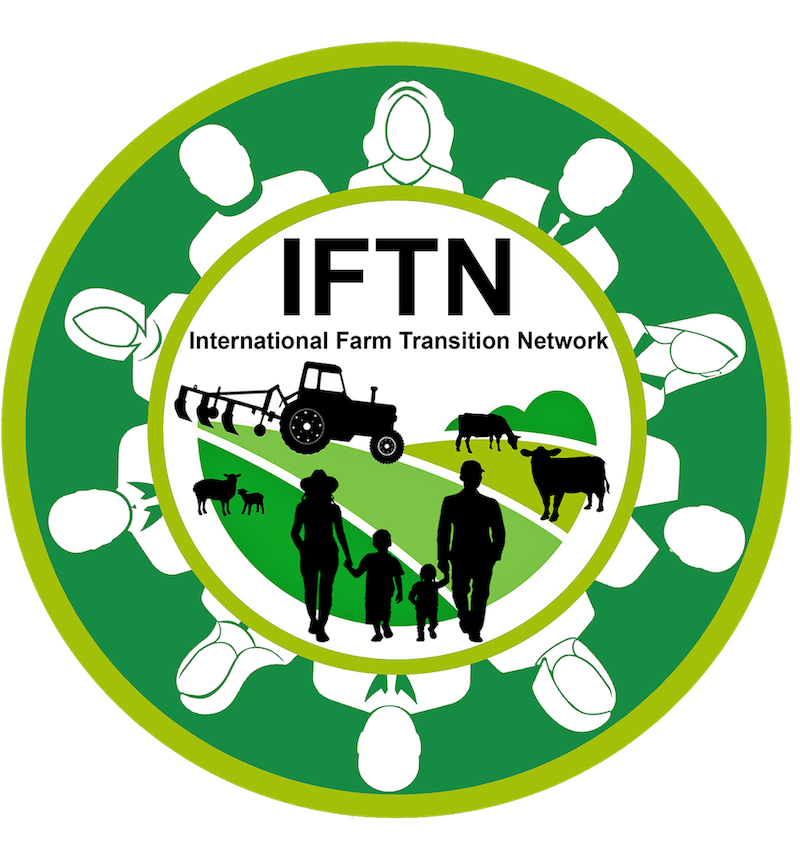About
History of the IFTN
Founded in 1990 following the farm crisis, the IFTN recognized the value in connecting and promoting institutions and individuals working to build awareness, develop resources, and provide support to farmers on strategic business planning and management. One facet of a good strategic business plan is succession planning — or the planned transfer of money, management, and assets in a manner which allows the farm business to continue under a new primary operator.
In transitioning a farm business, often the business is owned and/or operated within a family. Due to this overlap between family and business, there may be issues which arise regarding communication, assumptions and expectations, compensation, management and control, debt acquisition, documentation and recordkeeping, etc.
The IFTN has dedicated over 25 years to supporting and promoting programs which help farm families plan for the eventual transfer of a farm business to the next generation of operator as well as those which help facilitate entry into the farming profession by beginning farmers.
Recognizing the number of issues which must be addressed in any business transfer, the IFTN strives to develop service providers’ skills in coordinating farm families’ often lengthy planning process. See the Seminars page for details on the IFTN’s Farm Succession Coordinator certification training for farm resource professionals and various Returning to the Farm seminars for farm families initiating planning for transition.
In light of the recurring issues faced by hundreds of farm families served over the years, the IFTN’s driving principles are laid out below:
Vision
A comprehensive inclusive network of organizations and individuals working to advance programs and offer services to support the sustainable transfer of farm businesses worldwide to the next generation of operators.
Mission
To support programs and activities that foster the next generation of farmers and ranchers.
Need
The average age of farmers is rising in countries around the world. Agriculture needs the next generation of operators to be able to enter the profession efficiently and successfully given the enormous amount of farmland set to change hands in the coming decades. Barriers to entry and successful transition, however, pose a threat to farm businesses’ survival.
CHALLENGES TO FARM ENTRY
- Insufficient farm entry strategies
- Insufficient farm succession and retirement strategies
- Difficulty in identifying viable farm entry opportunities
- Difficulty in obtaining appropriate financial, managerial, and production assistance for the entering and exiting parties
- Lack of community support and rural development emphasis
